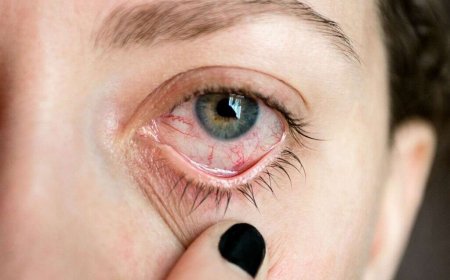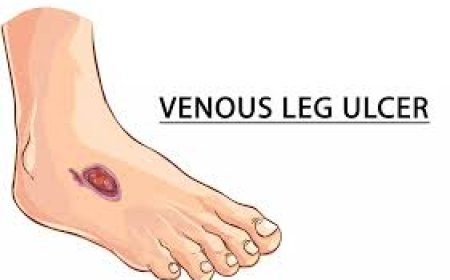Tachycardia, Supraventricular

Introduction:
Tachycardia, Supraventricular is a medical condition related to the heart's rhythm, and it is crucial for individuals and families in India to be aware of its signs, symptoms, causes, and treatments. This article aims to provide a simple and easy-to-understand explanation of Tachycardia, Supraventricular, along with its classification, risk factors, types, diagnostic tests, treatments, and potential complications.
What Is Tachycardia, Supraventricular? :
Tachycardia, Supraventricular is a heart condition where the heart's electrical signals misfire, causing an abnormally fast heart rate. It falls under the category of supraventricular tachycardia (SVT) because it originates above the heart's lower chambers, called ventricles.
Signs and Symptoms:
The signs and symptoms of Tachycardia, Supraventricular can include:
- Rapid Heartbeat: Feeling that the heart is beating too fast or fluttering.
- Palpitations: Sensation of a pounding or racing heart.
- Dizziness or Lightheadedness: Feeling faint or dizzy due to the fast heart rate.
- Shortness of Breath: Difficulty breathing during episodes of rapid heart rate.
- Chest Discomfort: Mild discomfort or pain in the chest.
How Is Tachycardia, Supraventricular Classified? :
Tachycardia, Supraventricular falls under the category of supraventricular tachycardia (SVT), which includes various types of rapid heart rhythms originating from the heart's upper chambers.
Causes and Triggers:
Tachycardia, Supraventricular can be caused by:
- Abnormal Electrical Pathways: Extra electrical pathways in the heart can disrupt normal rhythm.
- Heart Conditions: Certain heart conditions can lead to SVT, like heart defects or heart valve problems.
- Stress and Anxiety: Emotional stress or anxiety can trigger episodes of SVT.
Risk Factors with Examples:
While Tachycardia, Supraventricular can affect individuals of all ages, some risk factors may increase the likelihood of experiencing it. For example:
- Family History: Having a family member with a history of heart rhythm problems.
- Age: Elderly individuals may have a higher risk of developing SVT.
- Caffeine or Alcohol: Consuming excessive caffeine or alcohol can trigger episodes in some individuals.
Types of Tachycardia, Supraventricular with Detailing for Each Type:
Tachycardia, Supraventricular encompasses various types, including:
- Atrioventricular Nodal Reentrant Tachycardia (AVNRT): Most common type, involving an abnormal electrical pathway in the heart's AV node.
- Atrioventricular Reciprocating Tachycardia (AVRT): Involves an extra electrical pathway called an accessory pathway.
- Atrial Fibrillation (AFib): A rapid and irregular heartbeat originating from the atria.
Diagnostic Tests and Treatments:
To diagnose Tachycardia, Supraventricular, doctors may perform the following tests:
- Electrocardiogram (ECG/EKG): Records the heart's electrical activity to identify irregular rhythms.
- Holter Monitor: Portable ECG device worn to monitor heart rhythms continuously.
- Echocardiogram: Uses ultrasound to assess the heart's structure and function.
Treatment options may include:
- Vagal Maneuvers: Simple exercises like holding breath or bearing down can sometimes stop SVT episodes.
- Medications: Doctors may prescribe medications to control heart rate and prevent further episodes.
- Cardioversion: Uses electrical shocks to restore normal heart rhythm in emergency situations.
Complications of Tachycardia, Supraventricular Prevention Techniques:
If left untreated, Tachycardia, Supraventricular can lead to complications like fainting, heart failure, or stroke. However, with proper management and lifestyle changes, these complications can be prevented.
Understanding Tachycardia, Supraventricular is essential for individuals and families in India. Identifying its signs and symptoms, knowing the risk factors, and seeking timely medical attention can help manage this condition effectively. By discussing heart health with your parents, teachers, or doctors, you can ensure that your heart stays healthy and strong. Remember, heart health is vital for a happy and active life!
What's Your Reaction?
 Like
0
Like
0
 Dislike
0
Dislike
0
 Love
0
Love
0
 Funny
0
Funny
0
 Angry
0
Angry
0
 Sad
0
Sad
0
 Wow
0
Wow
0








































































